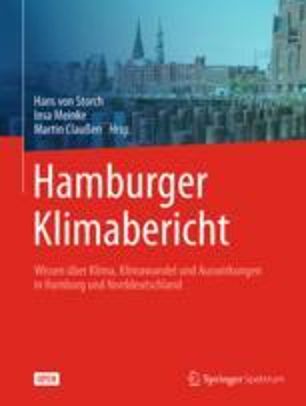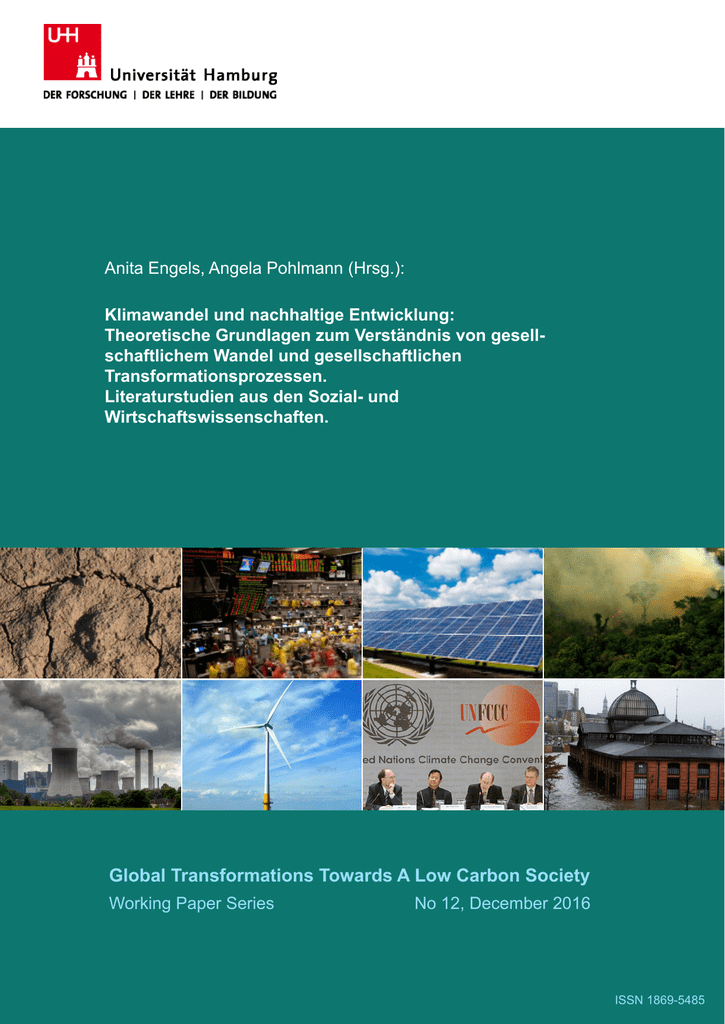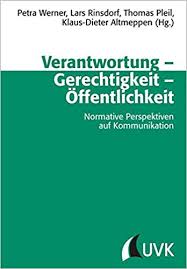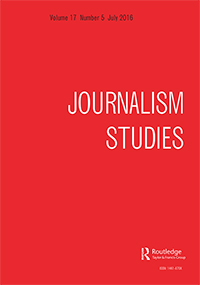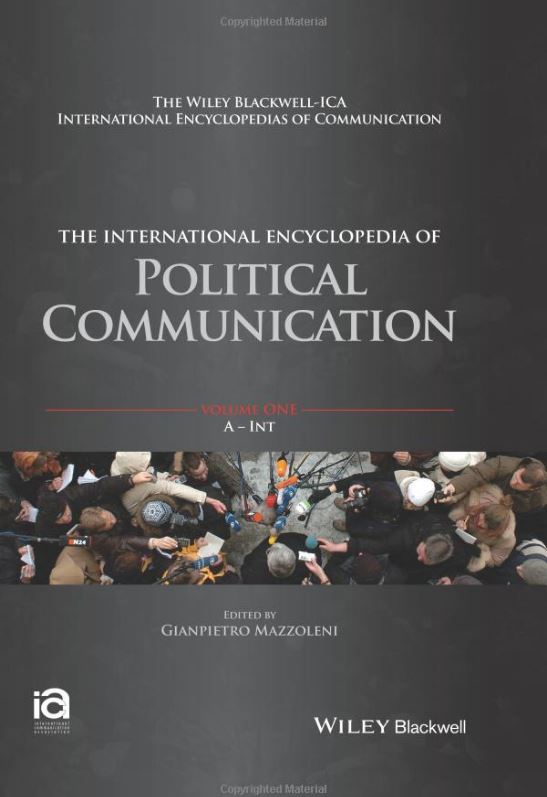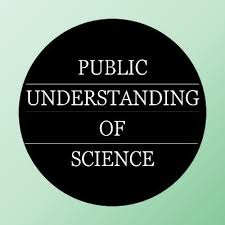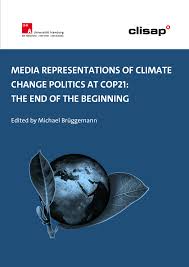Abstract
Various scholars underscore the importance of public engagement with climate change to successfully respond to the challenges of global warming. However, although online media provide various new opportunities to actively engage in climate discourse so far very little is known about the drivers of this form of engagement. Against this background, this study tested a theoretical model on the effects of media and interpersonal communication on participation in climate discourse online using data from a representative online survey of German citizens (n = 1392) carried out while COP21. Overall, the results show that receiving information on climate change from social media (social networks, Twitter, blogs), active information seeking online and interpersonal conversations about COP21 strongly encourage participation in climate discourse online. Moreover, results provide relevant insights on the role of interest in climate politics, personal issue relevance and climate scepticism as preconditions of communication effects.
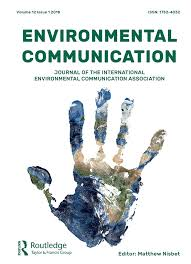
Arlt, Dorothee; Hoppe, Imke; Schmitt, Josephine B.; De Silva-Schmidt, Fenja; Brüggemann, Michael (2017): Climate Engagement in a Digital Age. Exploring the Drivers of Participation in Climate Discourse Online in the Context of COP21. In Environmental communication 49 (3), pp. 84–98. Available online at https://doi.org/10.1080/17524032.2017.1394892

